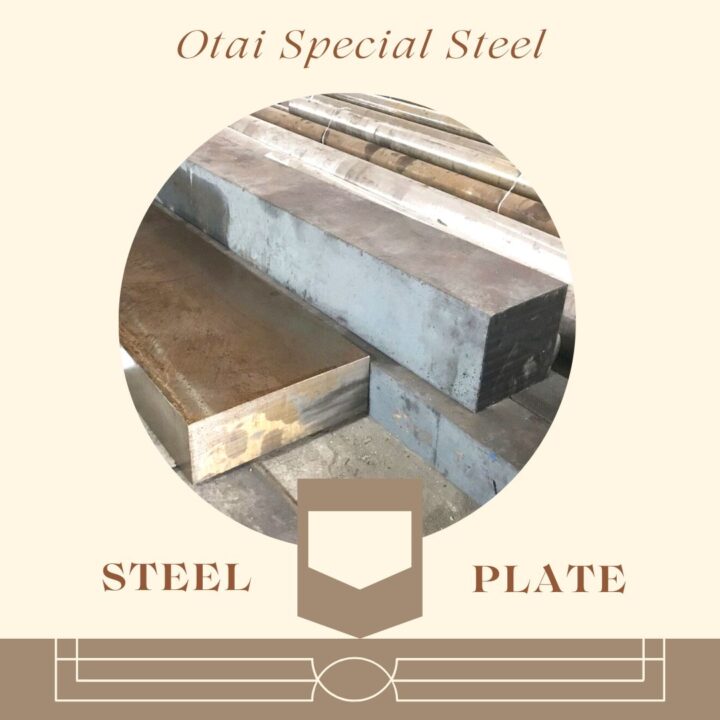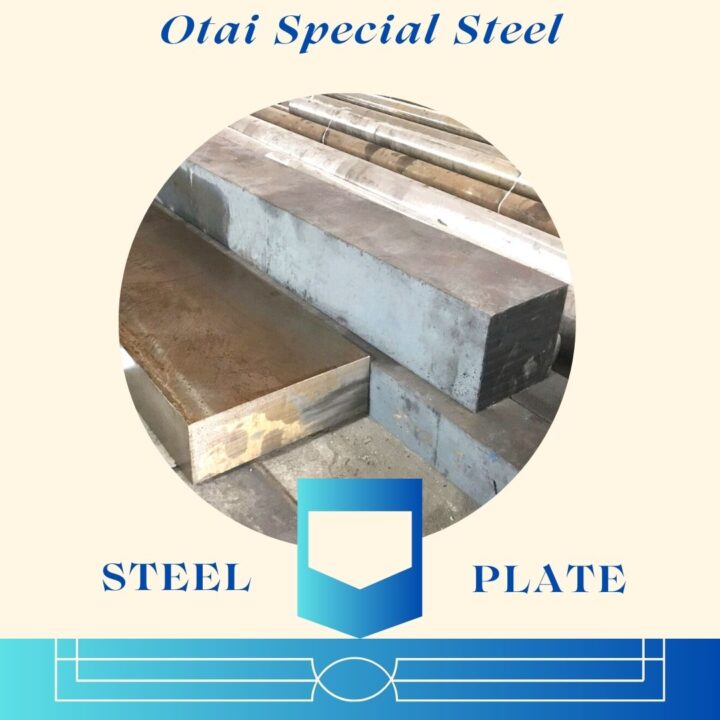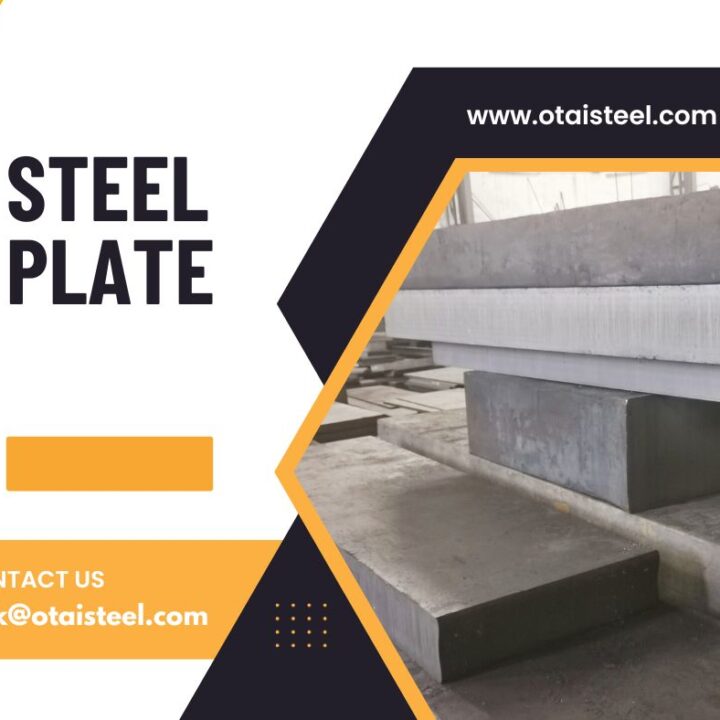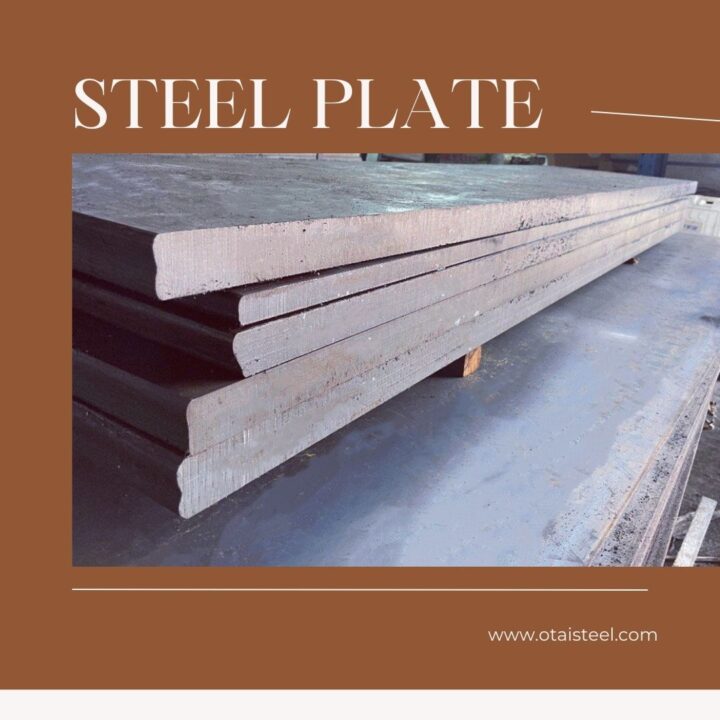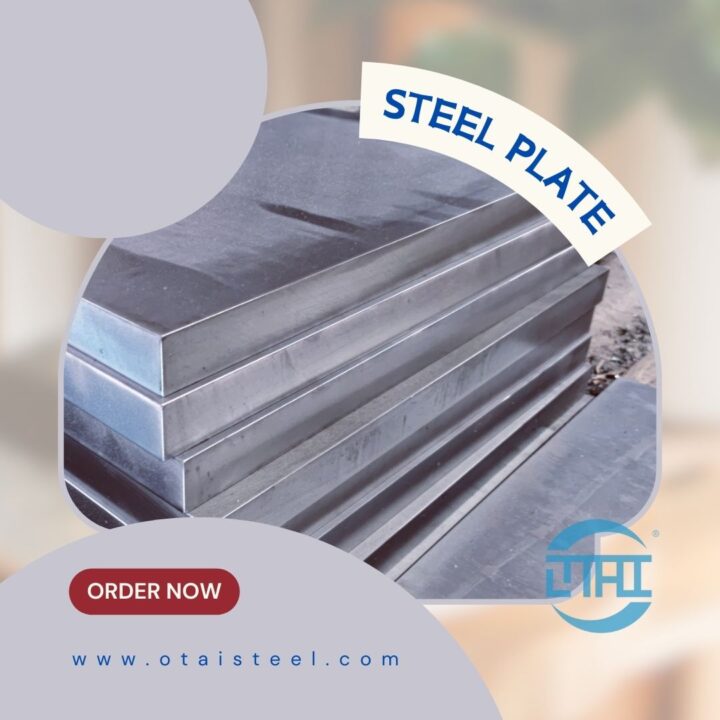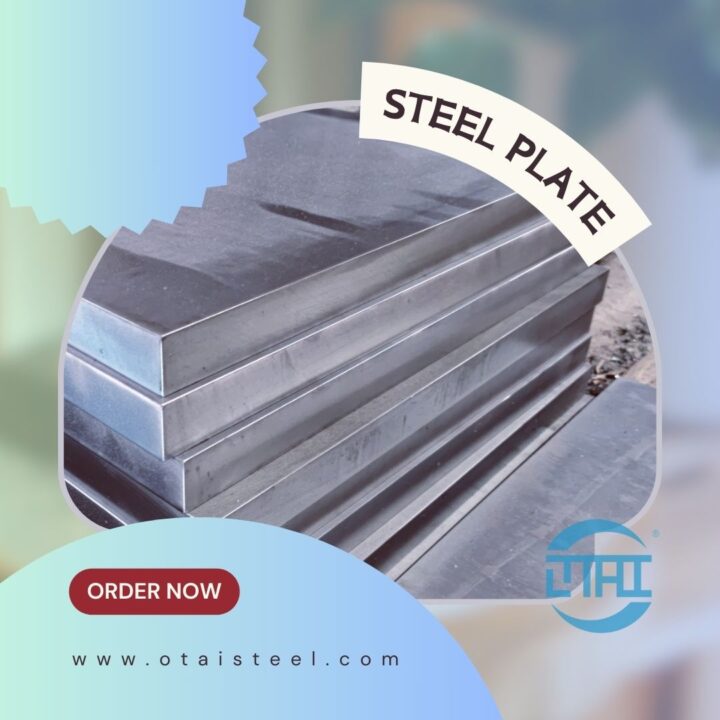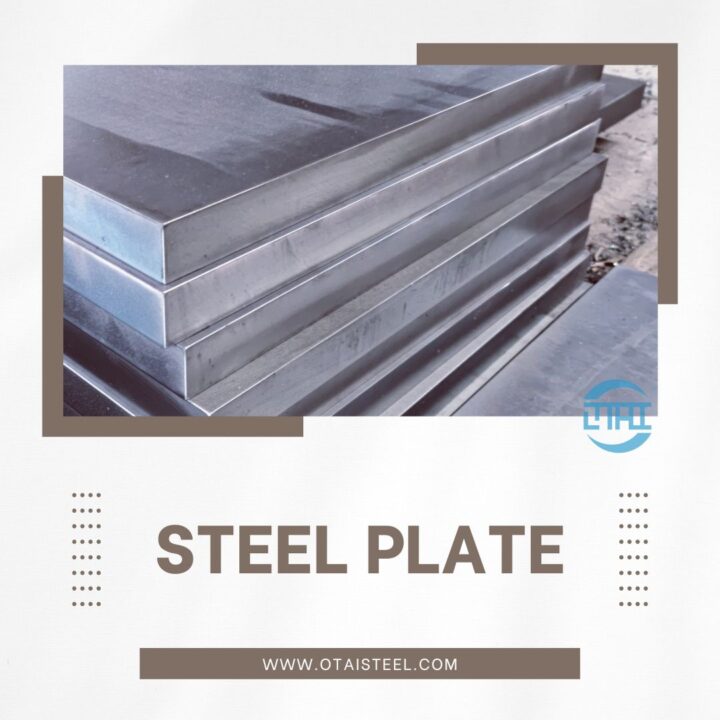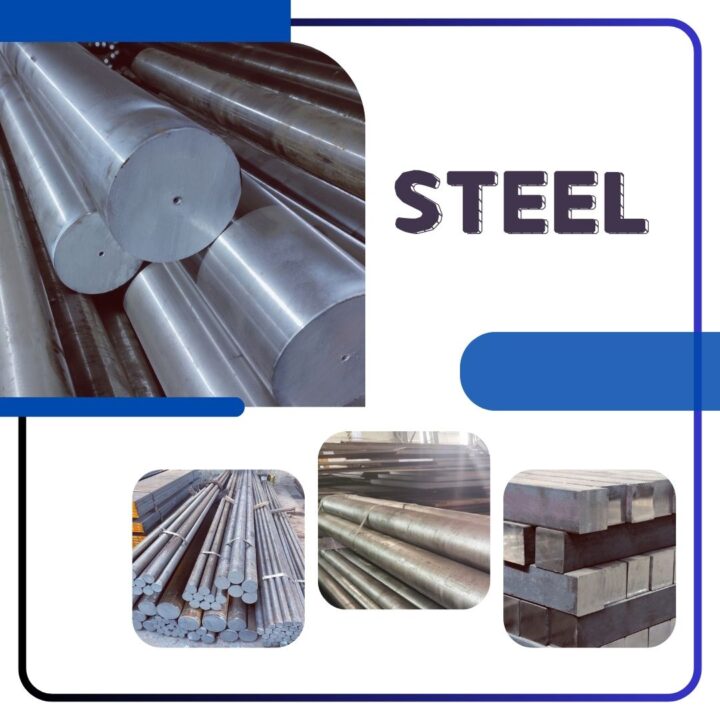Traditional steel manufacturing processes, including those used for 4340 steel, can be energy-intensive and produce greenhouse gas emissions. These processes often rely on fossil fuels and generate significant amounts of waste, contributing to climate change and environmental pollution.
Eco-Friendly Approaches in 4340 Steel Production
Recognizing the need for sustainable practices, the steel industry has been embracing eco-friendly approaches to minimize its environmental impact. The manufacturing of 4340 steel has seen several innovations and practices that prioritize environmental sustainability.
Green Energy Adoption
One of the significant eco-friendly practices in steel manufacturing involves the adoption of renewable and green energy sources. Steel plants are increasingly turning to solar, wind, and hydroelectric power to reduce reliance on fossil fuels and lower greenhouse gas emissions.
Sustainable Raw Materials
Manufacturers are exploring sustainable alternatives for raw materials used in 4340 steel production. This includes sourcing recycled steel scrap and responsibly mined iron ore to reduce the ecological footprint of the steel-making process.
Efficient Recycling and Waste Management
Efficient recycling practices have become a central focus for eco-friendly steel production. Steel is highly recyclable, and recycling processes are being optimized to minimize waste and conserve resources.
Cleaner Production Technologies
New and cleaner production technologies are being developed to enhance the efficiency of steel manufacturing. These technologies aim to reduce energy consumption and emissions while maintaining the quality of 4340 steel.
Water and Energy Conservation
Conserving water and energy is a critical aspect of eco-friendly steel production. Manufacturers are implementing water recycling and energy-efficient technologies to reduce consumption and promote sustainability.
Eco-Friendly Heat Treatment
The heat treatment process in 4340 steel production is being optimized for environmental sustainability. Advanced heat treatment techniques aim to reduce energy use and greenhouse gas emissions.
Environmental Certifications and Compliance
Steel manufacturers are seeking environmental certifications and complying with international standards to demonstrate their commitment to eco-friendly practices.
Collaborative Industry Initiatives
Collaborative efforts between steel manufacturers, industry associations, and environmental organizations are driving innovation and best practices in eco-friendly steel production.
The Role of Technological Advancements
Technological advancements, such as artificial intelligence, data analytics, and automation, are playing a crucial role in improving the efficiency and sustainability of steel manufacturing.
Real-World Case Studies
Real-world case studies highlight successful implementations of eco-friendly practices in 4340 steel production. These studies demonstrate the positive environmental impact and economic benefits of adopting sustainable approaches.
Benefits of Eco-Friendly Practices
Eco-friendly practices not only benefit the environment but also contribute to the steel industry’s overall sustainability and long-term viability. Companies that prioritize eco-friendly approaches often experience improved public perception and competitive advantage.
Challenges and Future Outlook
Despite significant progress, challenges remain in achieving a fully eco-friendly steel manufacturing process. Technological and infrastructural limitations, economic factors, and industry-wide adoption pose challenges to widespread implementation.
By adopting renewable energy, utilizing sustainable raw materials, implementing efficient recycling, and embracing cleaner production technologies, the steel sector can play a crucial role in mitigating environmental impact while meeting the demand for high-quality 4340 steel.
